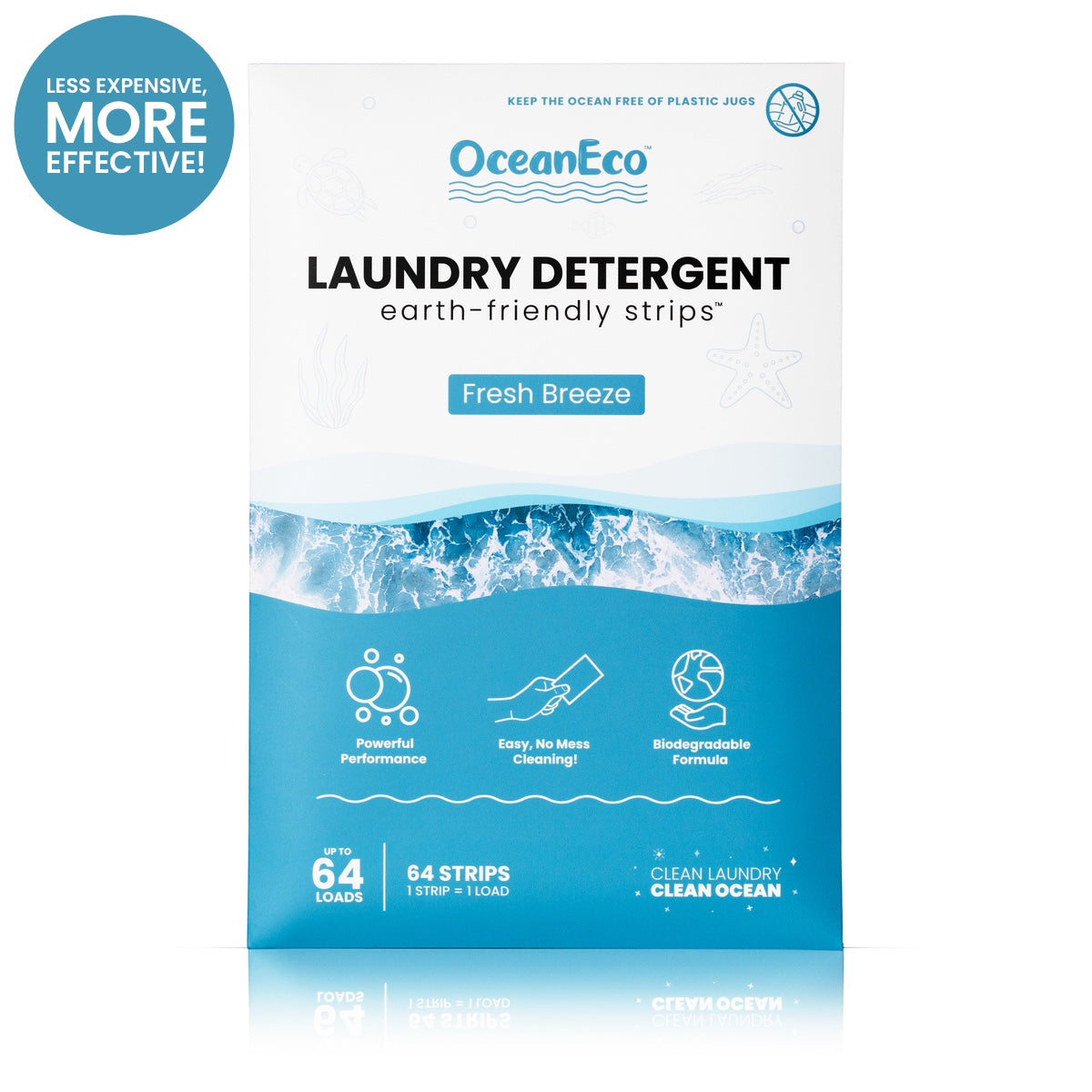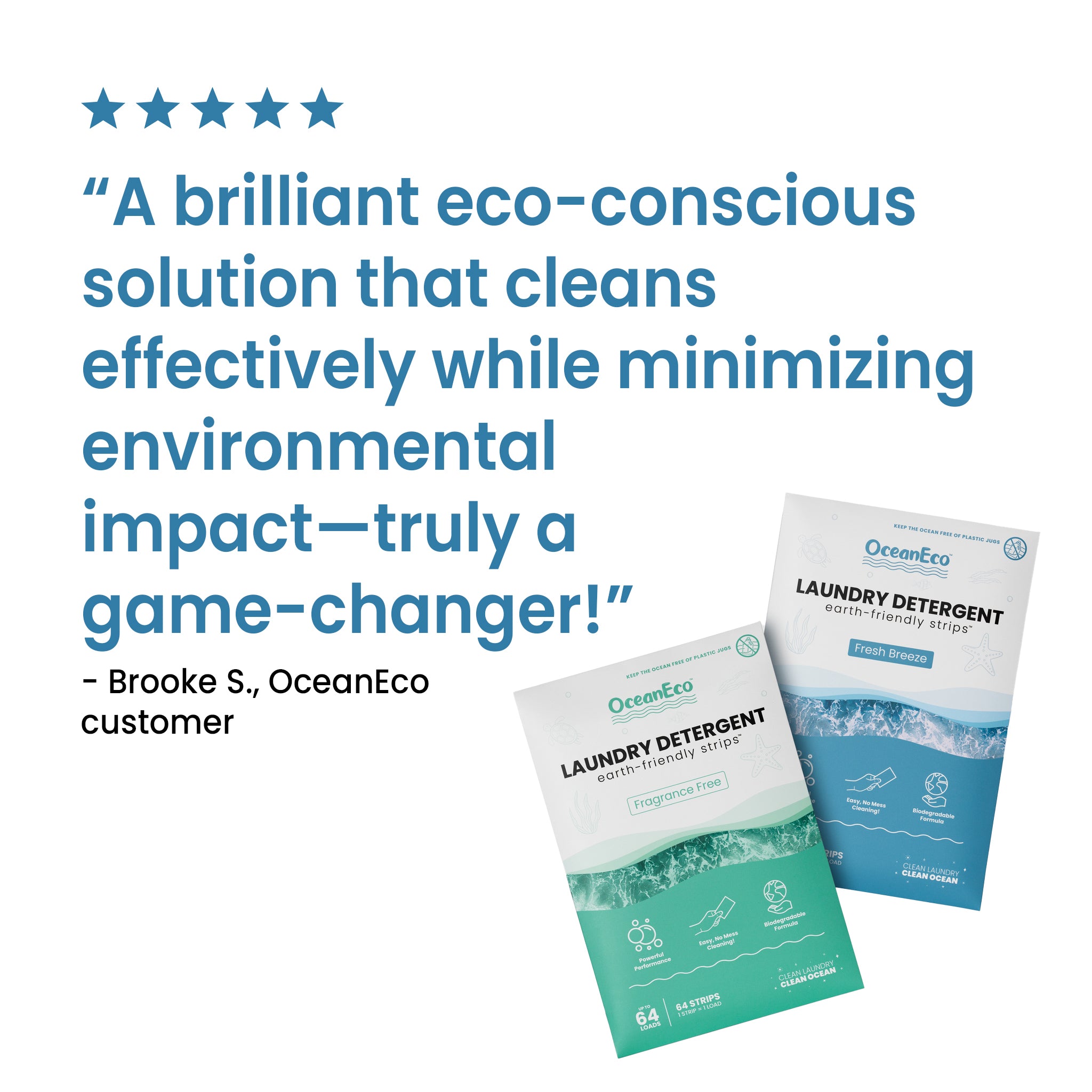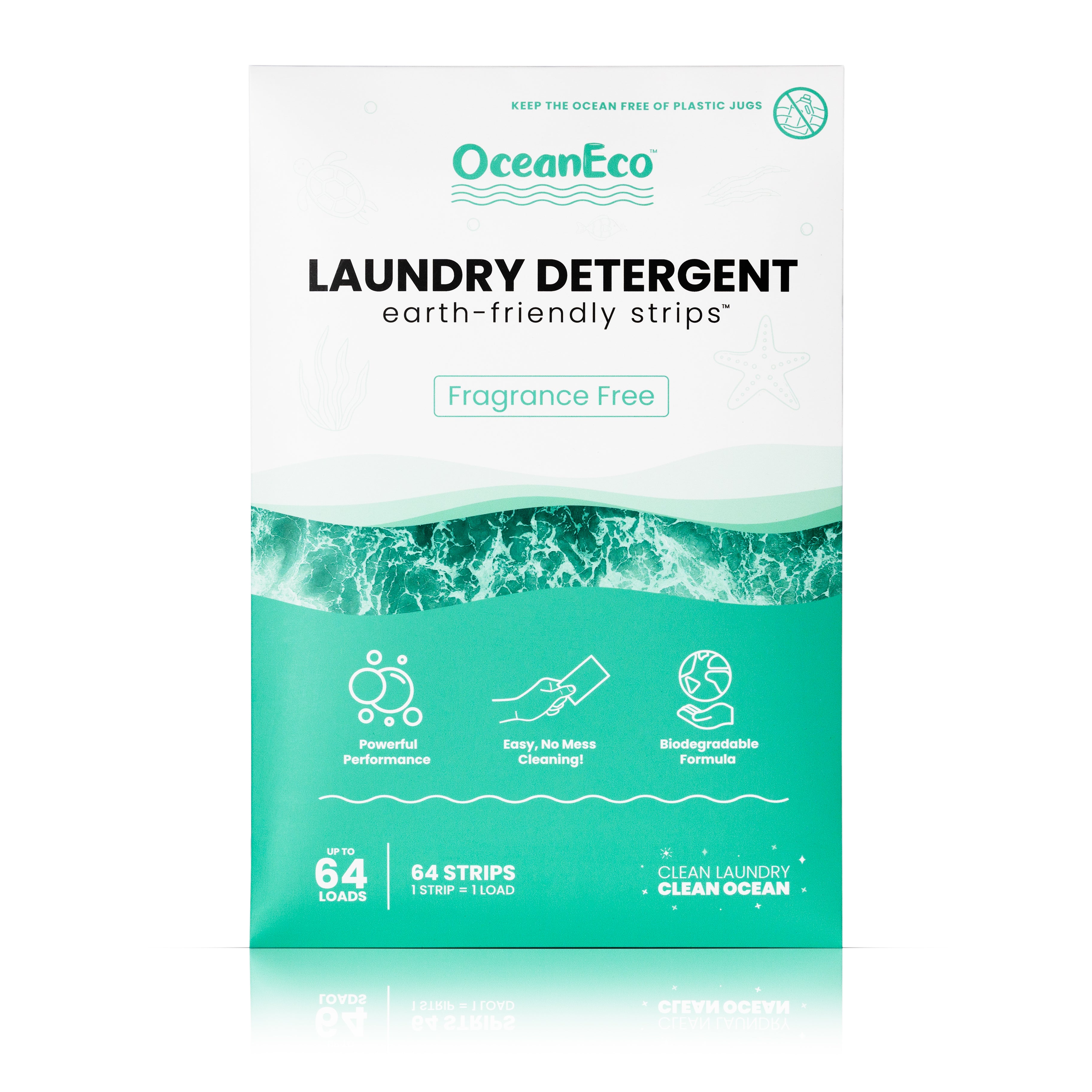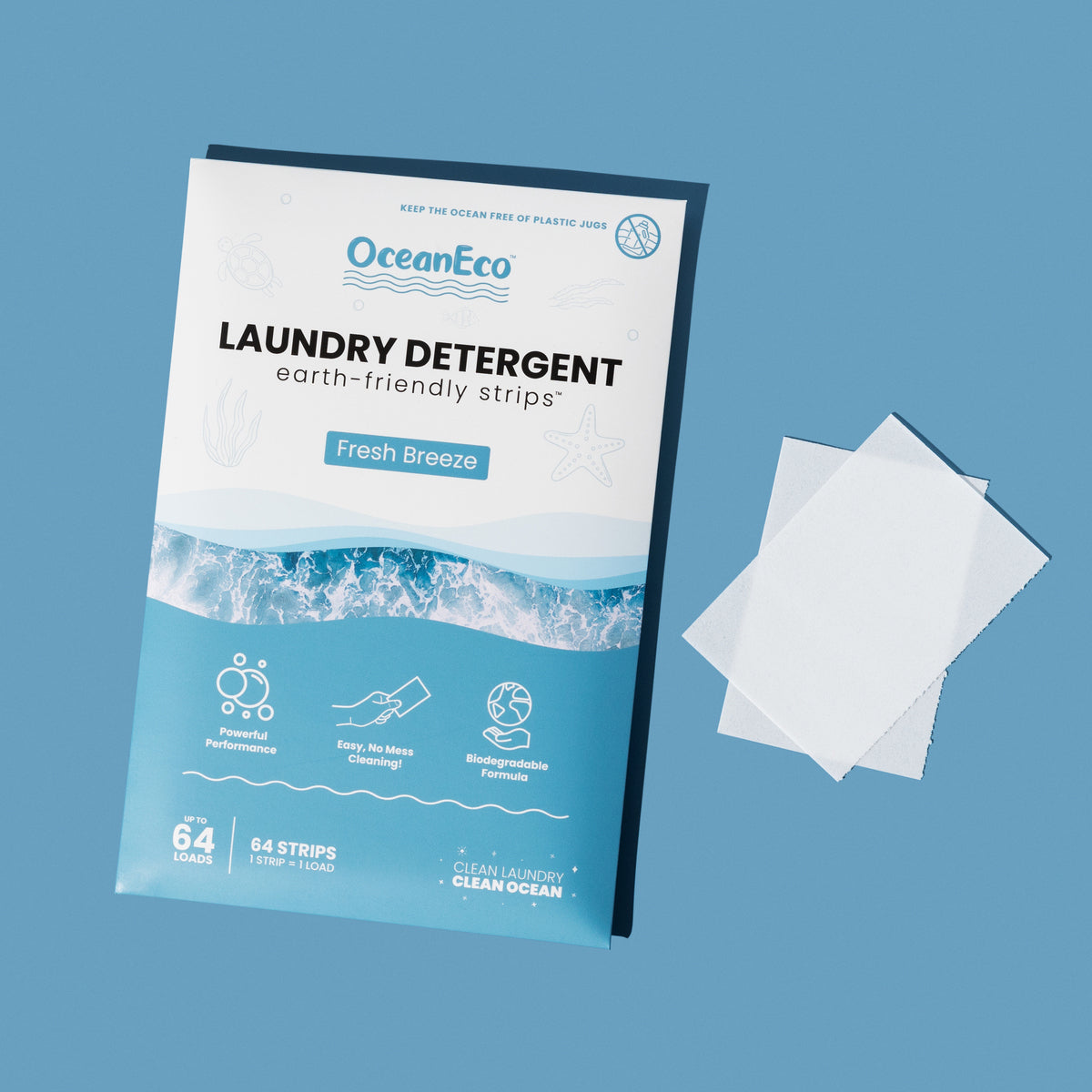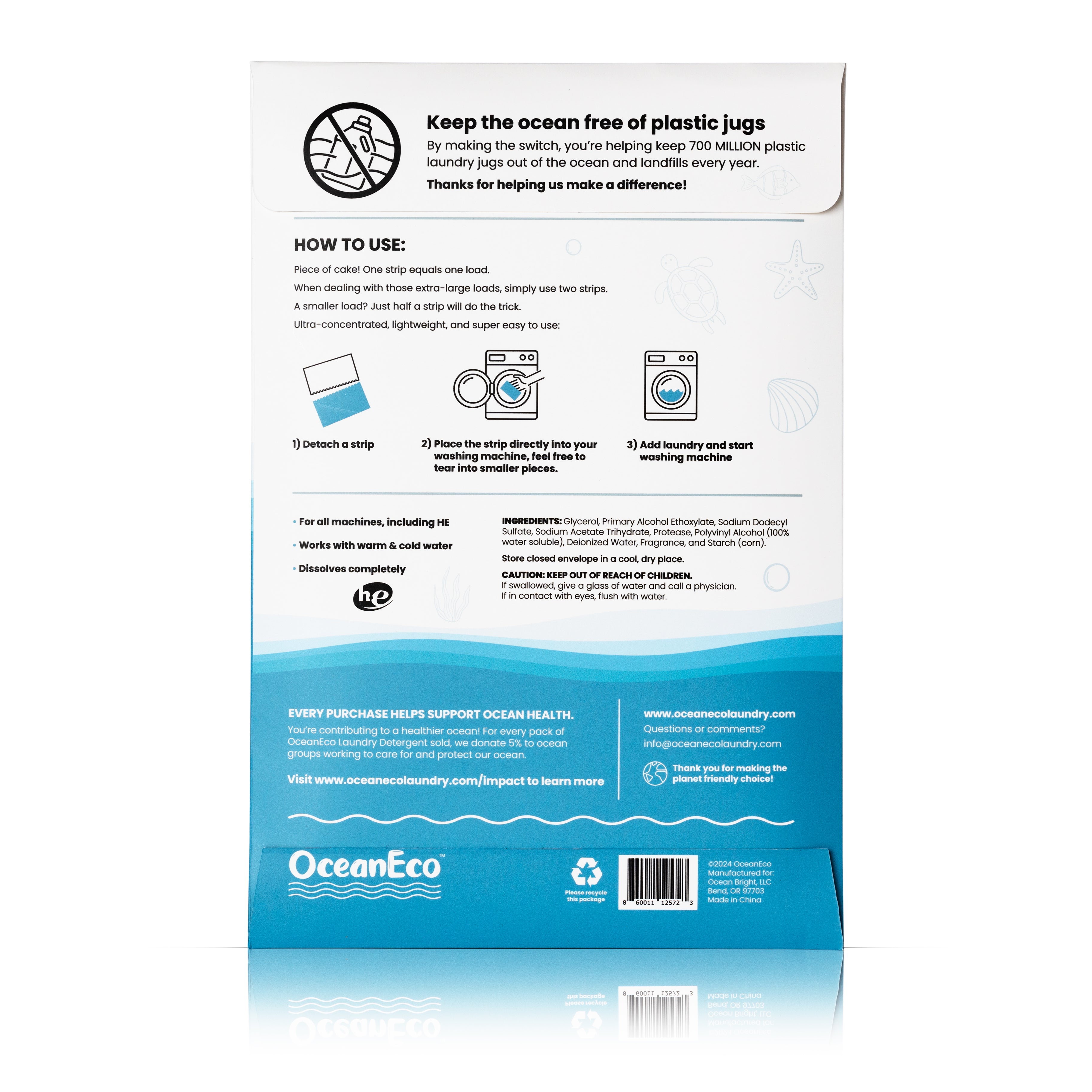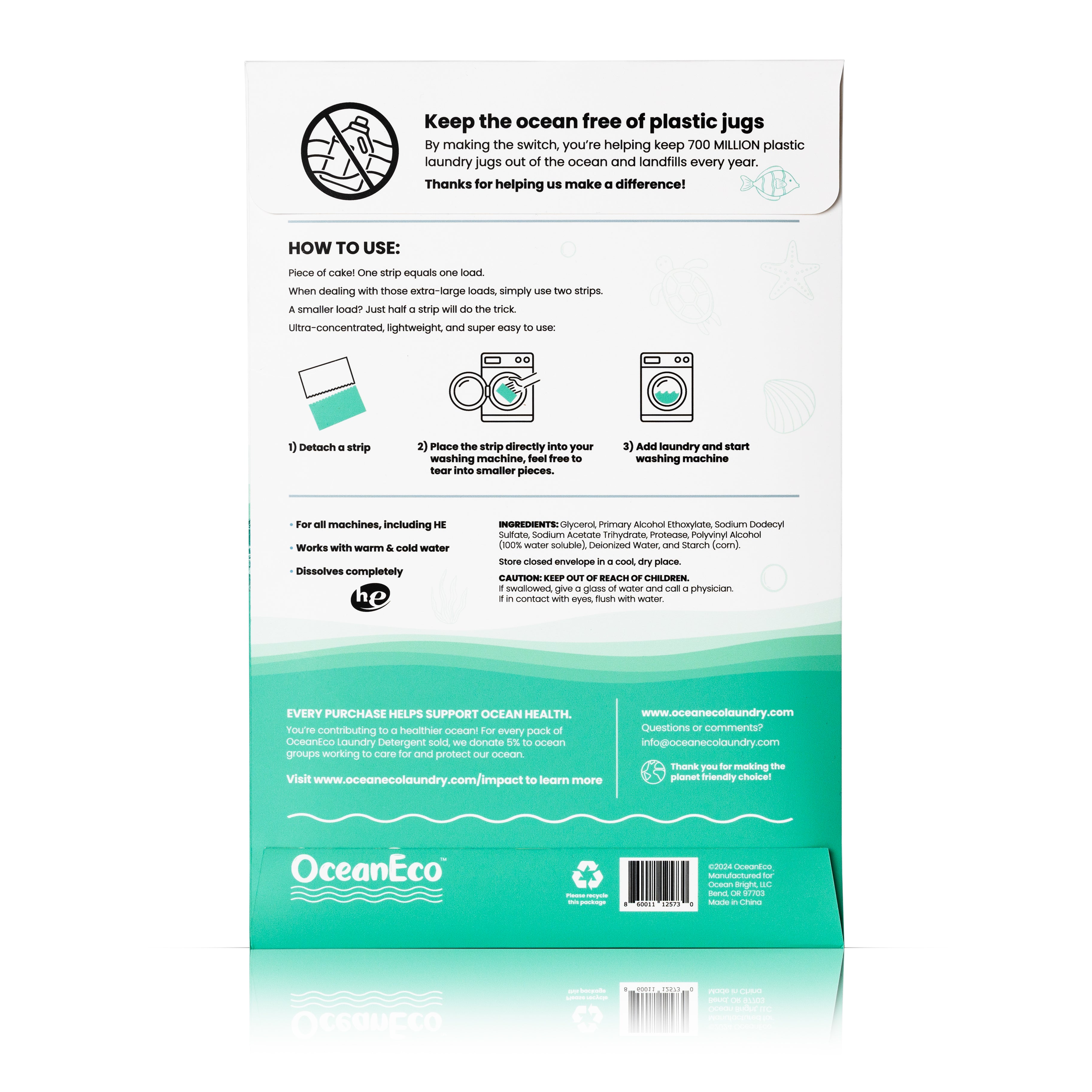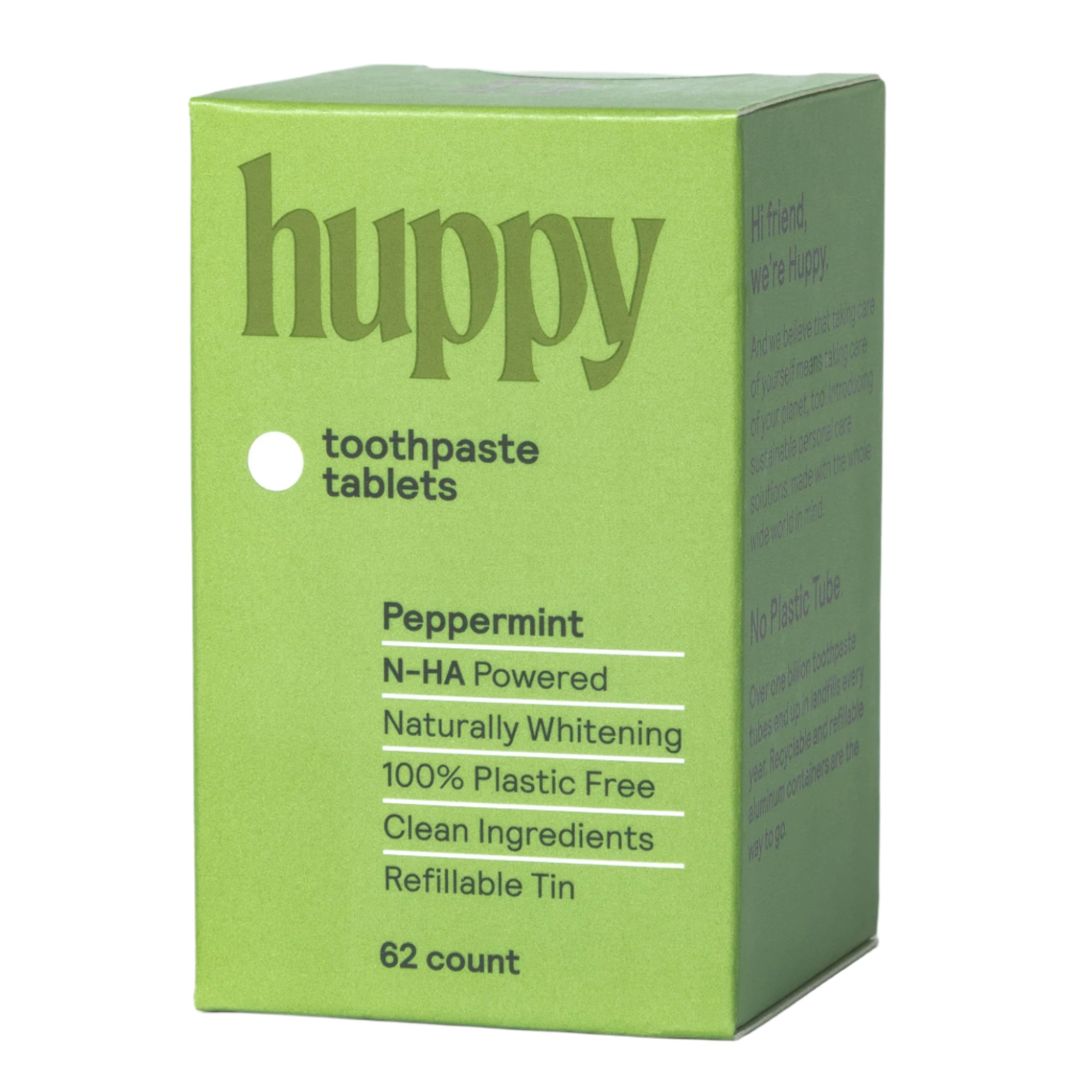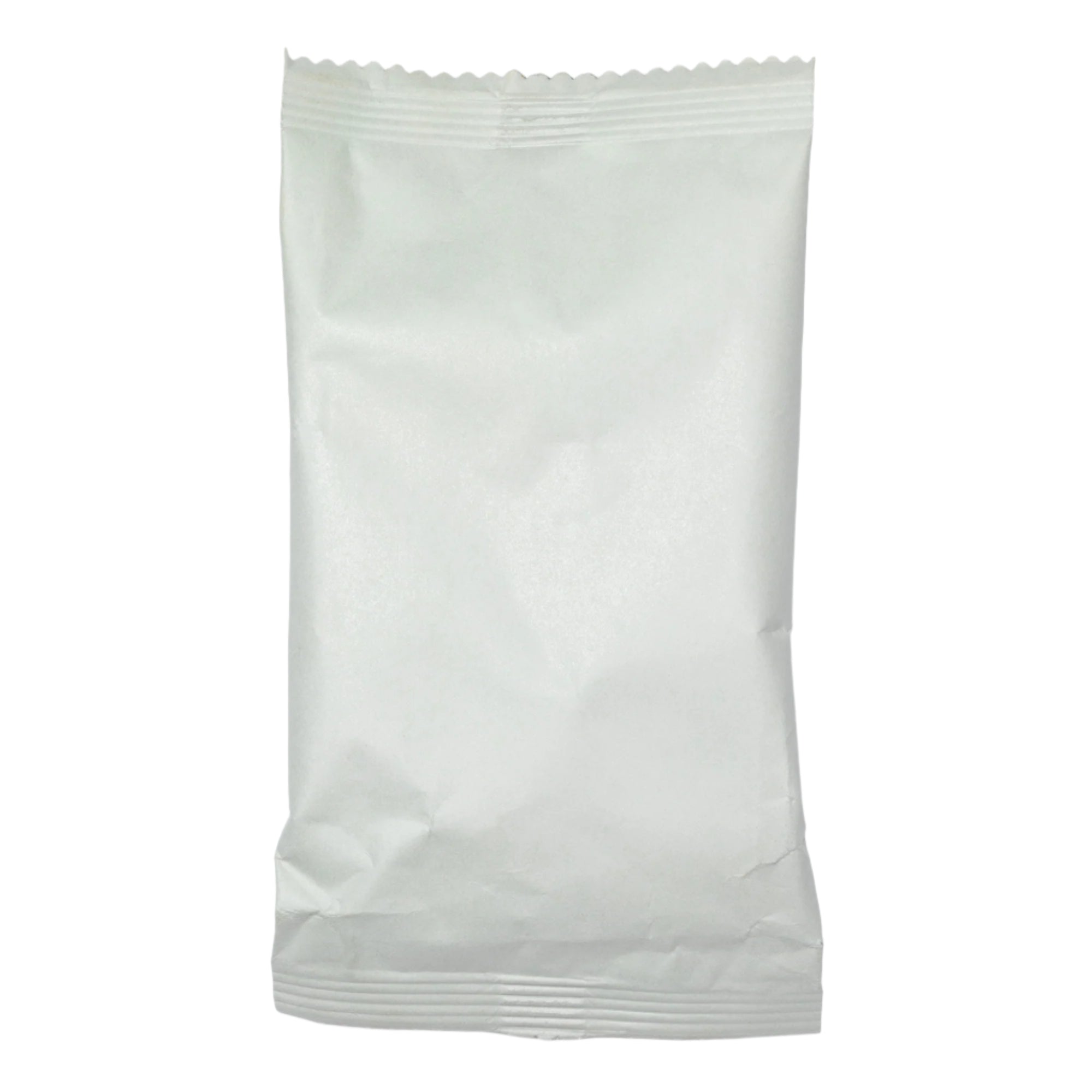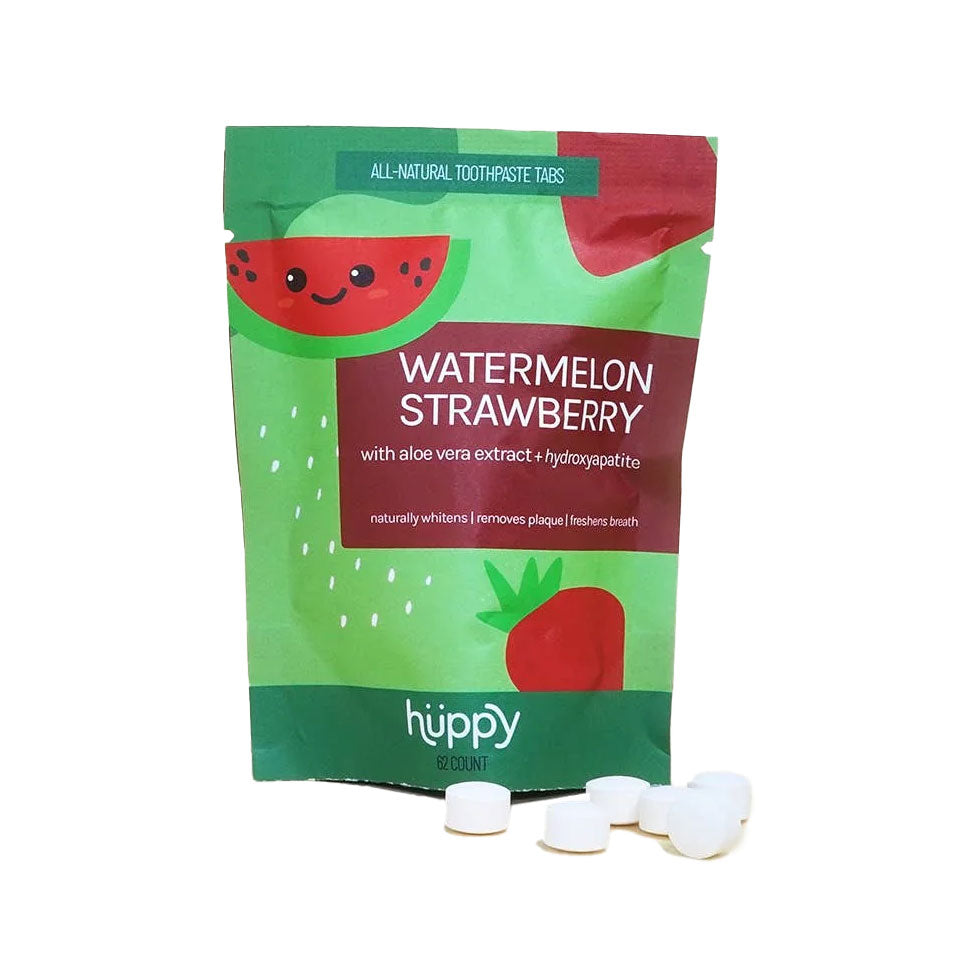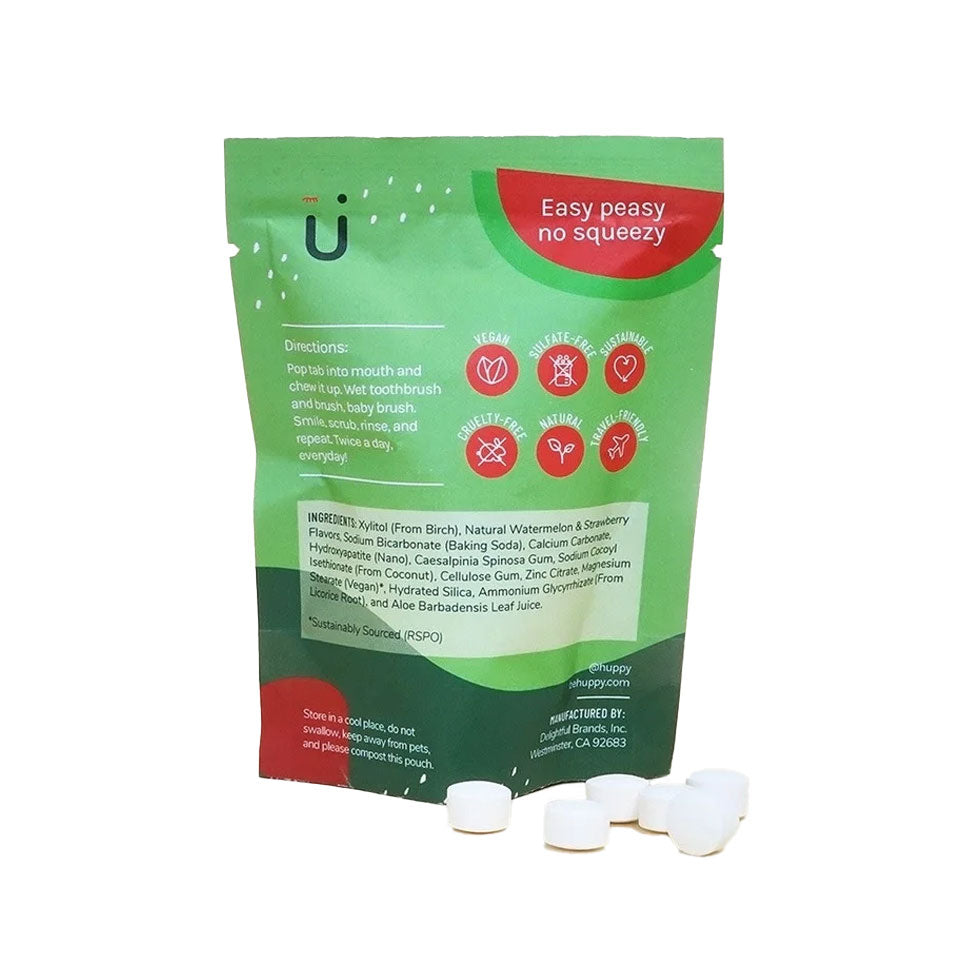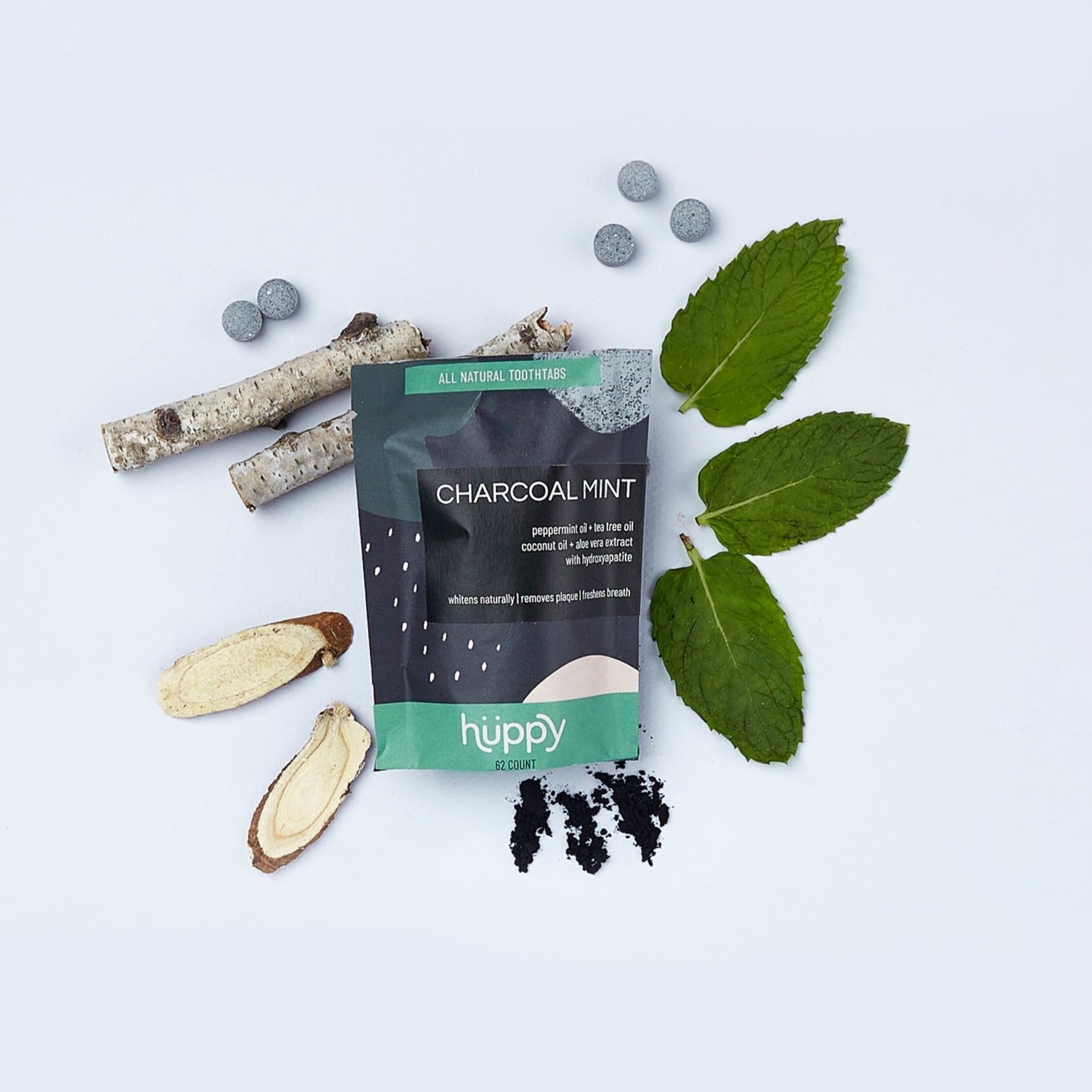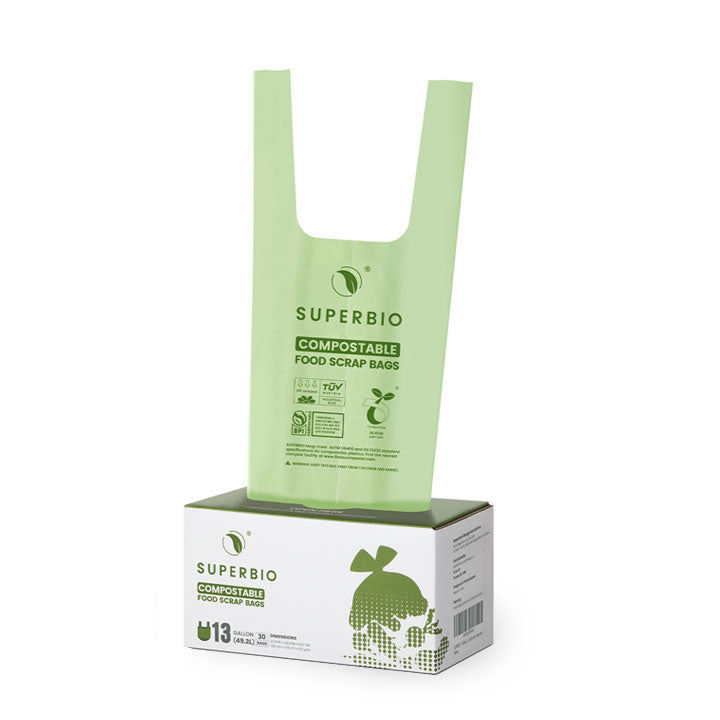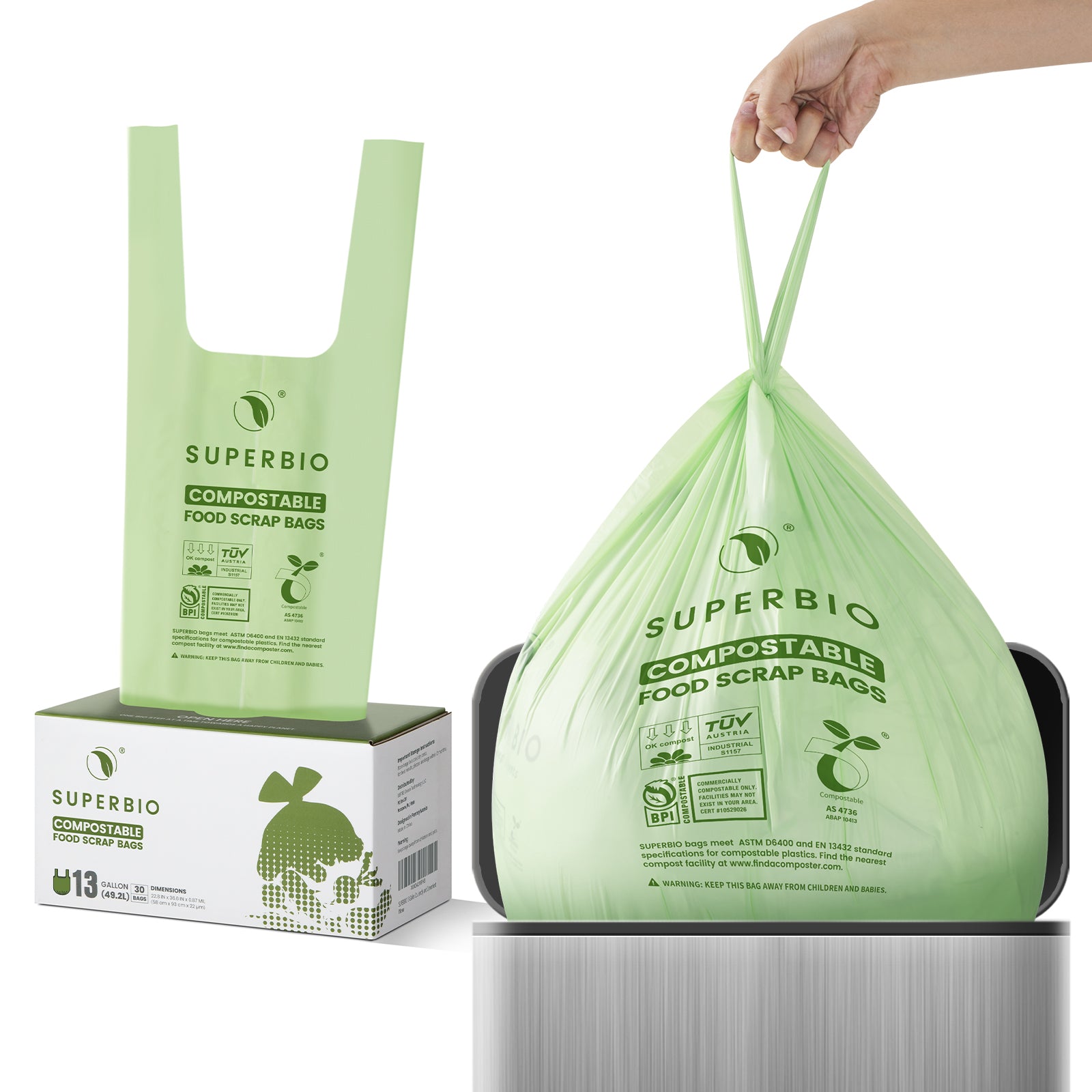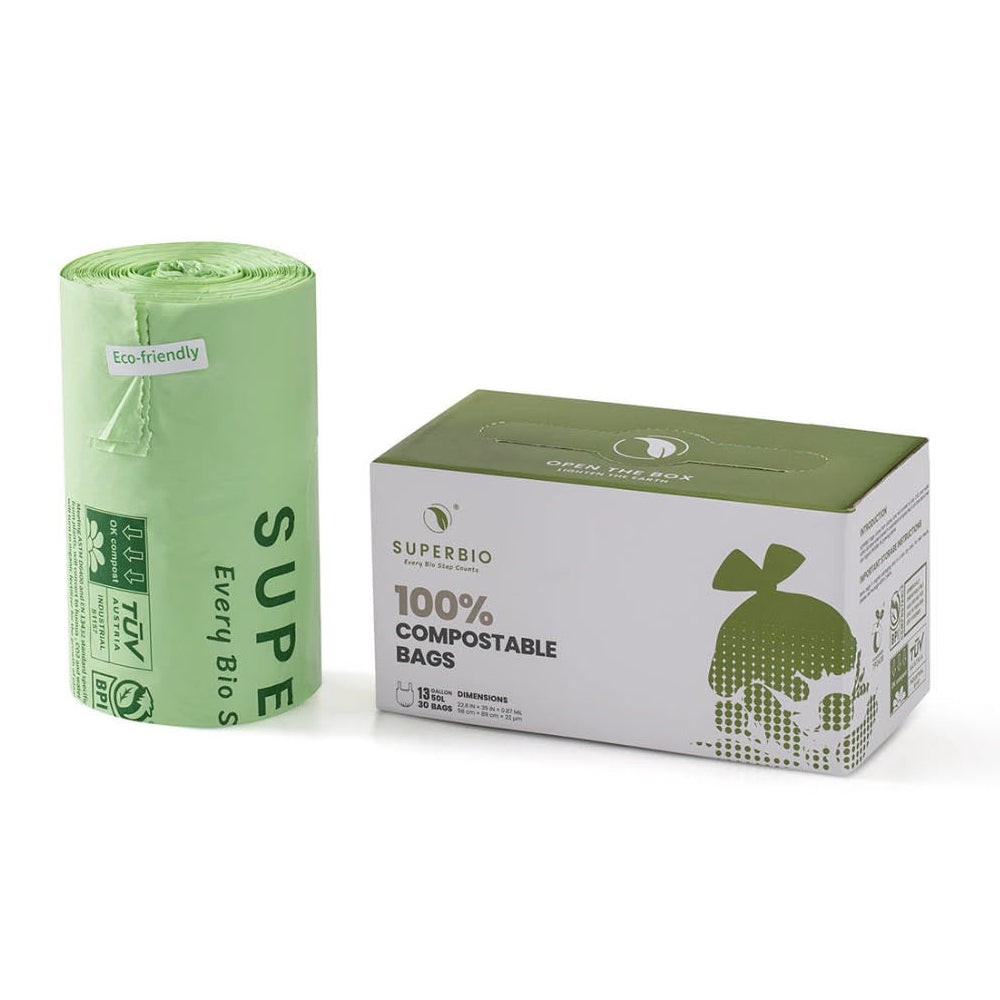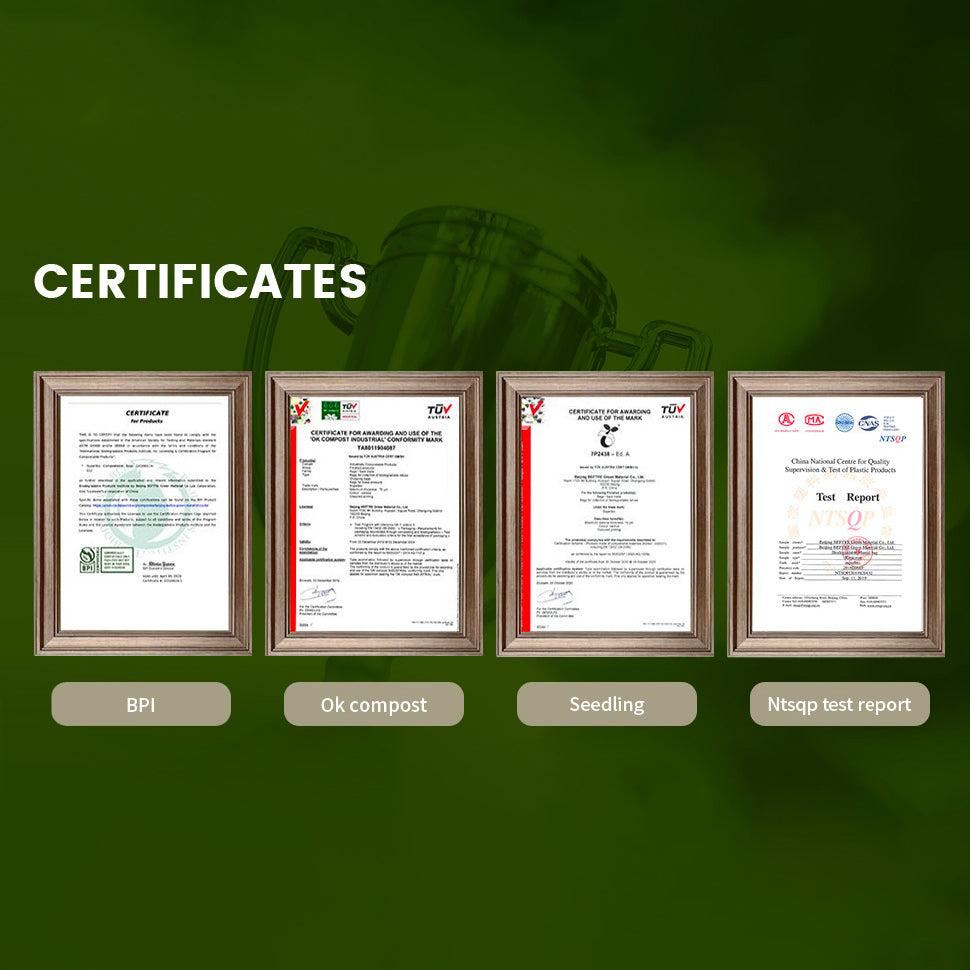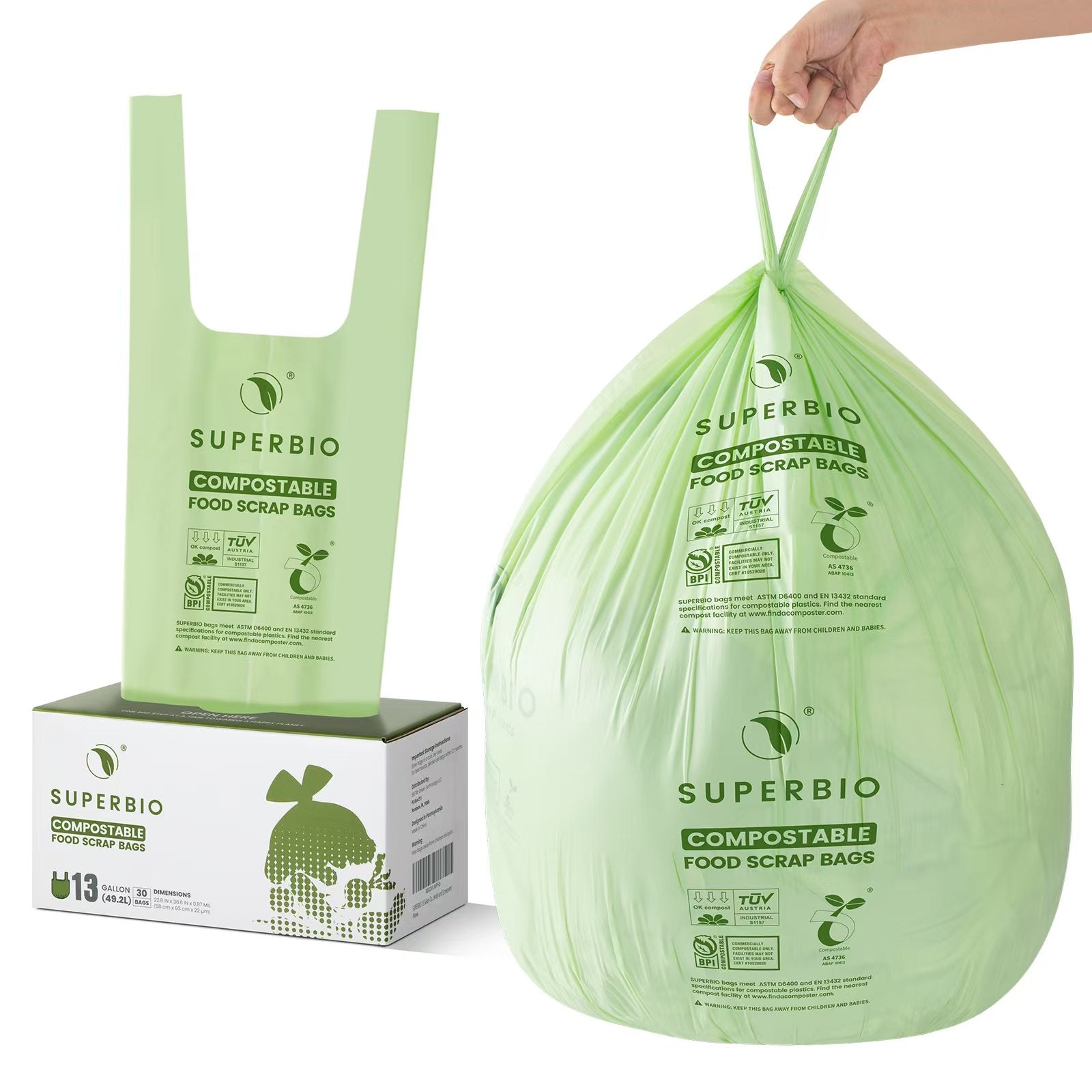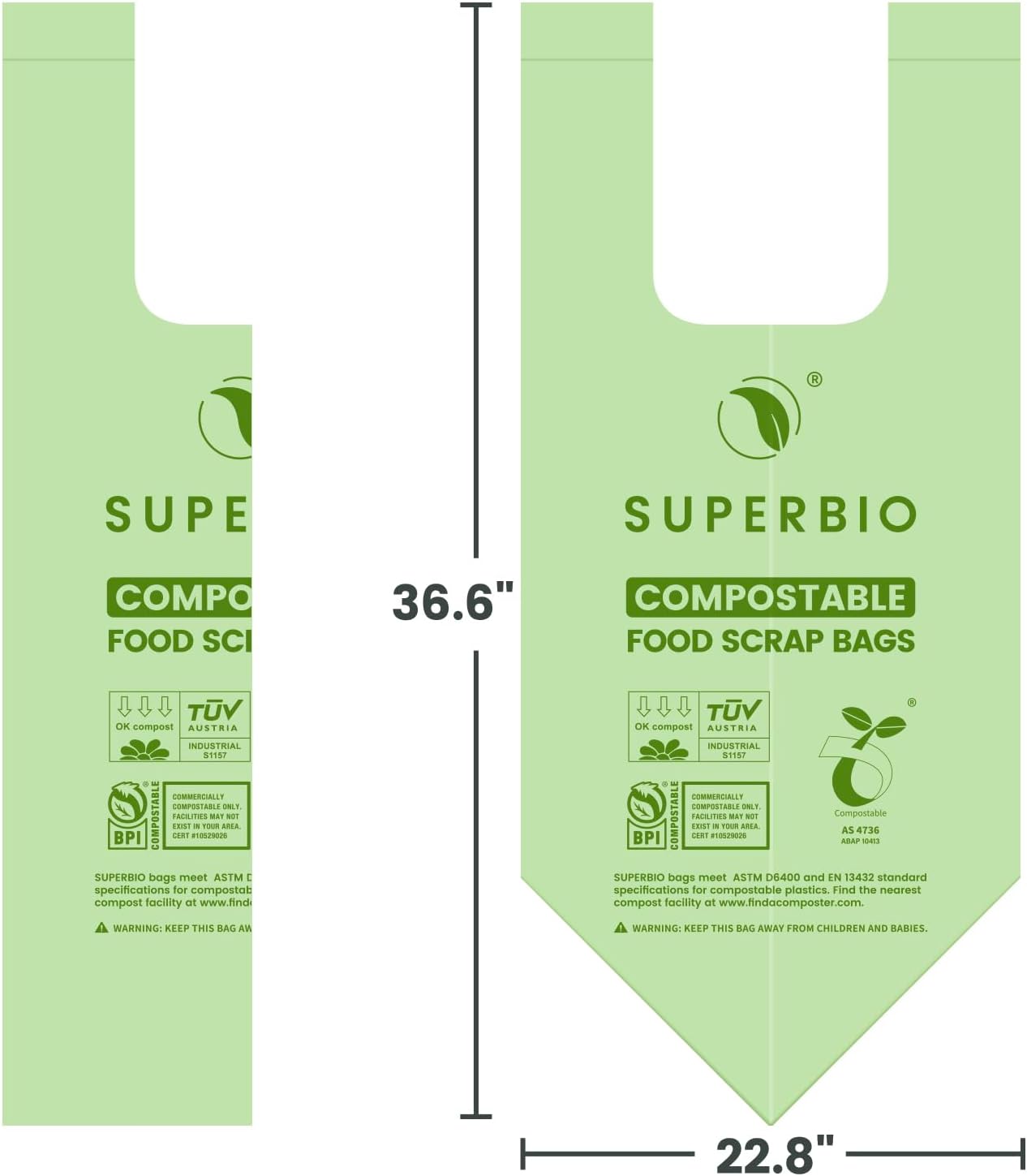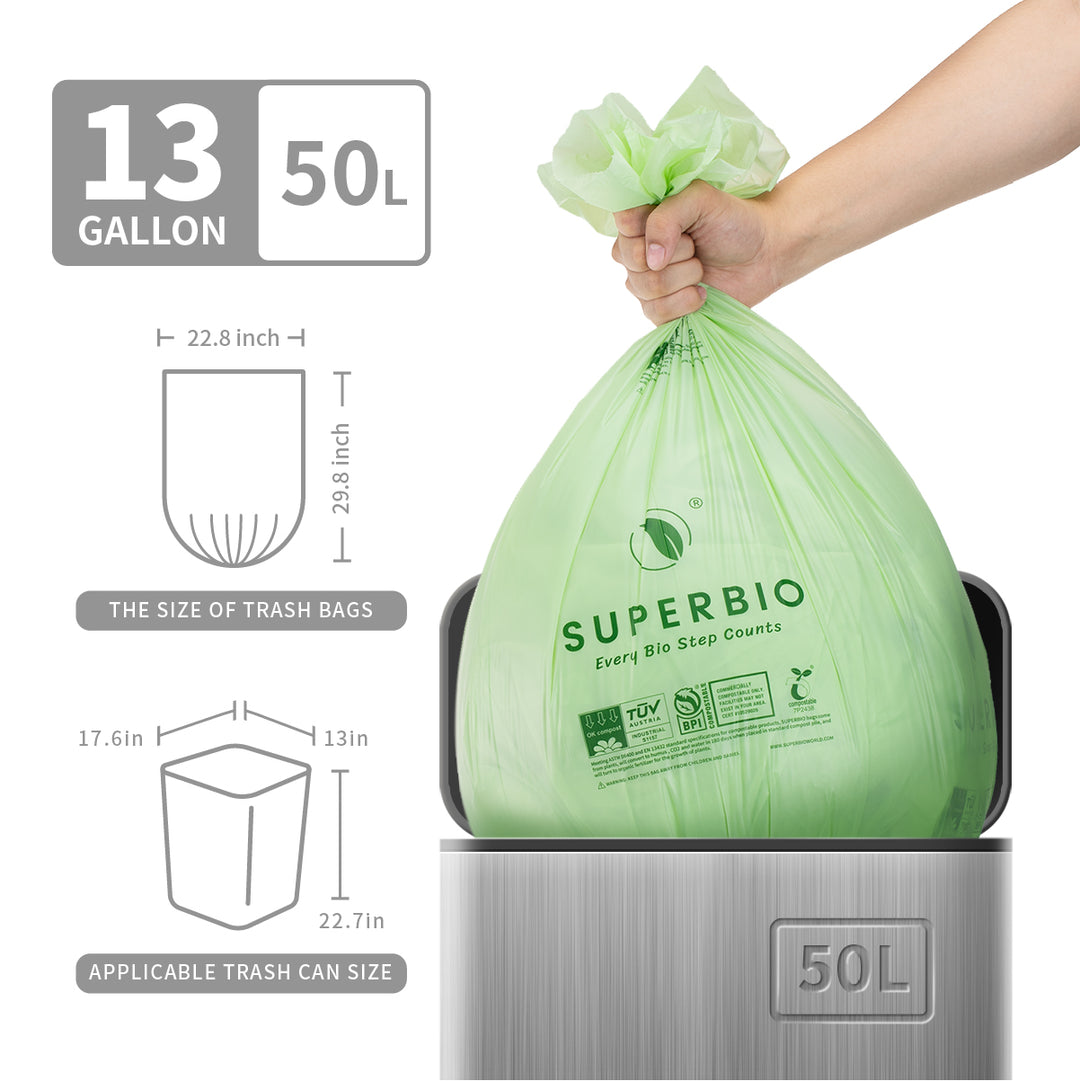Penguins And Whales Stand To Lose As Squid Stocks Collapse In The South Atlantic
Penguins crowd the beaches. King, gentoo, and magellanic raise chicks a stone’s throw from surf that also holds whales, sea lions, and albatross. The islands teem with life that draws strength from cold, rich currents. Yet this abundance sits on a knife edge.

The Falklands host over a million penguins across five species.
Heat, Drought, and Fire
Warming waters push prey south. Rockhopper penguins already feel it as krill shift with cooler currents. Peat soils are drying, wind erosion is rising, and wildfires have burned nesting grounds—albatrosses were found on scorched nests—according to Sky News. Conservation work to replant native tussock and stabilize soil needs reliable funding, but the Darwin Plus scheme’s future is uncertain, the outlet adds.

Squid are a keystone prey for birds, seals, and whales.
Squid: Keystone and Flashpoint
Squid sit at the center of this web. A new modeling study links Argentine shortfin squid abundance to temperature, zooplankton, sea-surface height, and eddies, giving managers a sharper forecast of seasonal booms and crashes, MercoPress reports. Those swings ripple through whales, seals, seabirds, and fish.
But squid are also a geopolitical fault line. In 2012, Argentina opened its season early and urged fleets to net squid before they reached Falklands waters, a move aimed at choking a core island revenue stream, the Daily Mail reported at the time. The broader “Squid War” tells the same story of pressure and counter-pressure around Illex, with half of Falklands catches tied to the species during peak years, British Sea Fishing recounts.
Illegal Lights on Mile 201
Beyond politics lies lawlessness. Hundreds of vessels cluster at the shelf break where a “city of light” glows at night. Many operate without permits, dip in and out of exclusive zones, and move catches via covert transshipments. The scale—up to 300,000 tons taken illegally each year—undercuts science, safety, and labor standards, The Revelator reports.
The region once had a forum for joint science and advice, but cooperation faltered after 2005, the outlet notes. The ocean paid the price.

New research links squid abundance to temperature and zooplankton levels.
Choosing Ecology Over Extraction
There are brighter choices. In 2024, Falklands authorities canceled the second Loligo season after surveys found biomass below safe thresholds, a precaution to prevent long-term harm to a cornerstone stock, MercoPress reports. That restraint protects penguins, albatross, and whales that rely on squid—and rejects the idea that wild lives exist to be harvested for profit.
The path is clear: fund habitat recovery, revive regional science-based management, end IUU fishing, and keep exploitation out of the driver’s seat. The Falklands’ future swims just offshore. Let it live.





























































































































































































